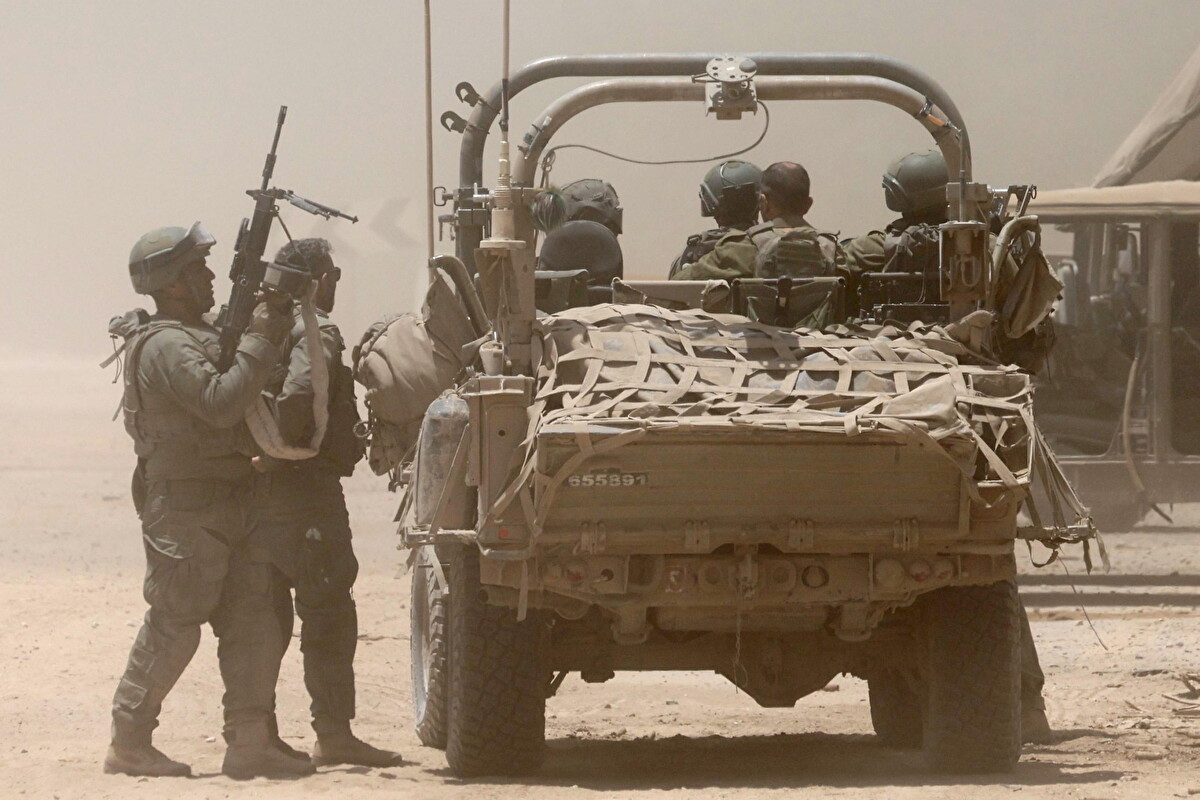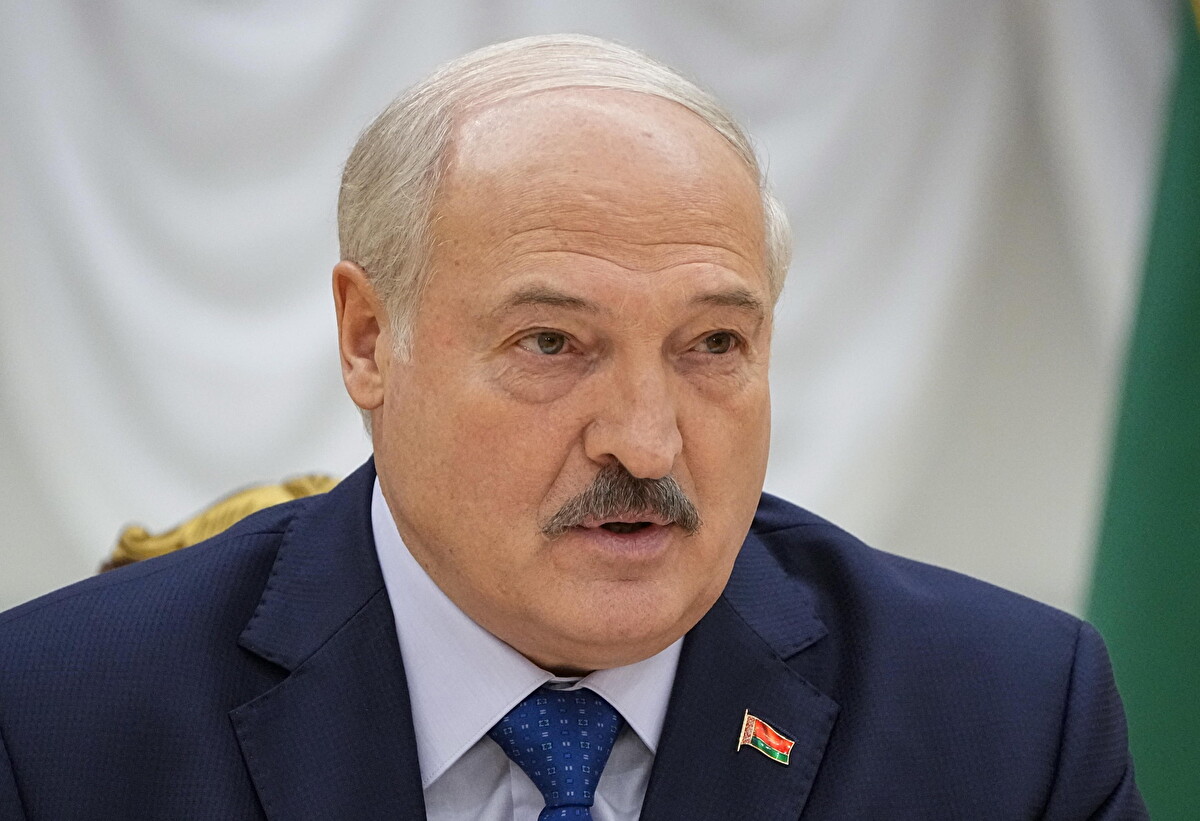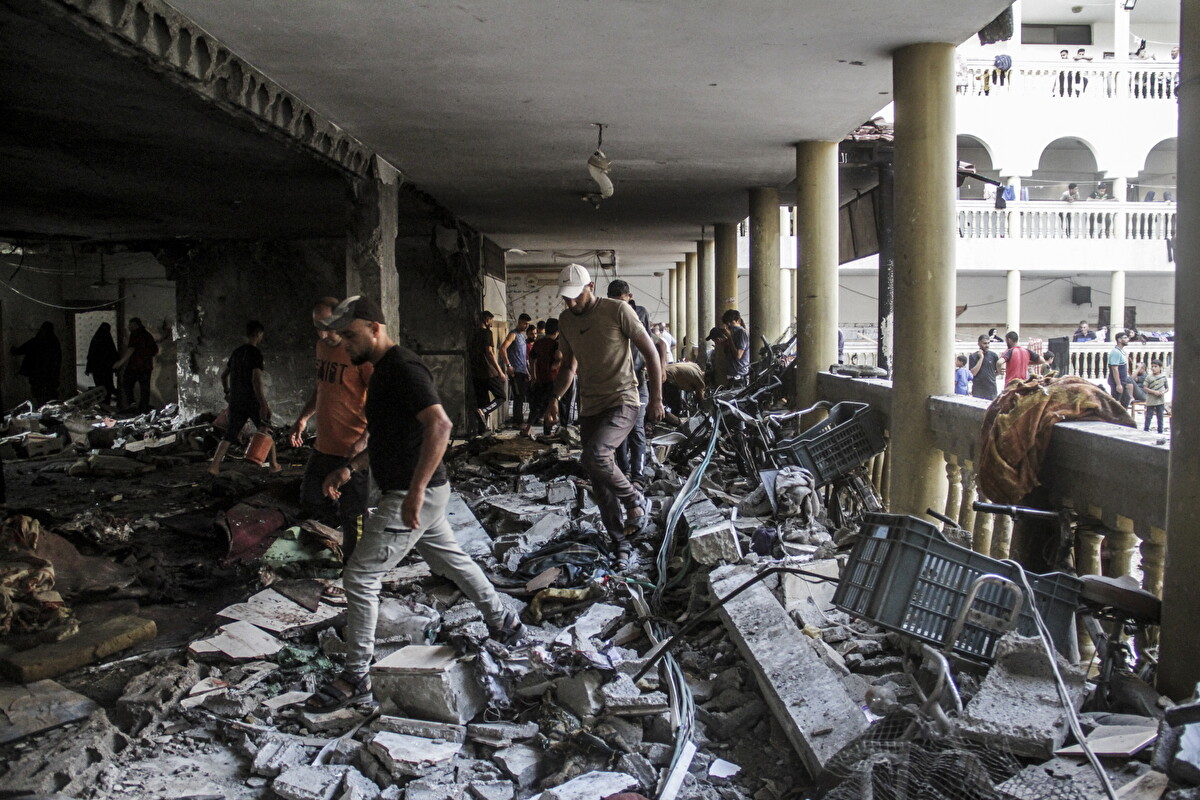Israel’s military operation in Gaza may have reached a dead end, according to U.S. officials. The Jewish state has apparently exhausted all options for using force despite a vicious onslaught that has seriously weakened Hamas. The main efforts now should focus on finding an agreement as more bombings, American experts contend, will not provide anything more in the way of strategic gains – but just increase the number of civilian deaths.
Following the October 7 strikes, the Israel Defense Forces (IDF) have taken control of vital supply routes from Egypt and delivered Hamas severe blows, killing or apprehending around 14,000 of its fighters. The IDF also claims to have eliminated half of Hamas’s military leadership, which includes well-known individuals like Muhammad Deif and Marwan Issa as well as the militia’s political leader Ismail Haniyeh.
But now, the situation is more complicated. One of Israel’s main goals—rescuing around 115 hostages still held in Gaza—remains elusive. According to General Joseph L. Votel, former head of U.S. Central Command, the only way to secure their release is through negotiations. Sending top officials around the Middle East to press for an agreement, the Biden administration is frantically trying to get the cease-fire negotiations back on track. Director of the Central Intelligence Agency (CIA) William J. Burns and other high-ranking officials are pressuring major regional actors including Qatar and Egypt to endorse a deal, emphasizing that Israel has no more military option.
In the meantime, the government in Tel Aviv is slowly falling apart. Benjamin Netanyahu’s resolve for a “total victory” over Hamas has allegedly drawn criticism from Defense Minister Yoav Gallant. Gallant’s position is consistent with that of U.S. defense officials, such as Secretary Lloyd J. Austin III, who thinks that the wisest course of action for Israel at this time would be to arrange a cease-fire that protects the hostages.
On the ground, the IDF’s operations have become a game of Whac-a-Mole. When Israeli forces attack Hamas fighters, they tend to reappear elsewhere. Hamas can conceal its commanders and transfer militants around easily because of its extensive tunnel network beneath Gaza, which has proven especially difficult to demolish despite several Israeli attempts.
But not all Israelis concur that it’s time to retreat. Former national security advisor to Netanyahu and retired major general Yaakov Amidror maintains that stopping operations at this time would be disastrous for Israel. Amidror is advocating for two to three more months of fierce combat, particularly in Gaza’s south and center. He contends that before contemplating a cease-fire, Israel must maintain the pressure by carrying out focused operations and attacks to completely destroy Hamas’s capabilities.
US officials are still cautious. While Hamas has suffered significant military and infrastructure losses, analysts acknowledge that the organization has persevered. There’s still reason to worry about Hamas’ capacity to recover following Israeli attacks, and there’s no assurance that the group won’t make a comeback.
The Palestinian group, however, has indicated that it would be prepared to cede civilian control of Gaza in exchange for a cease-fire, which might pave the way for fresh diplomatic opportunities. However, it also begs the issue of what happens next, which may be a more difficult one to answer than what has to be done immediately.












